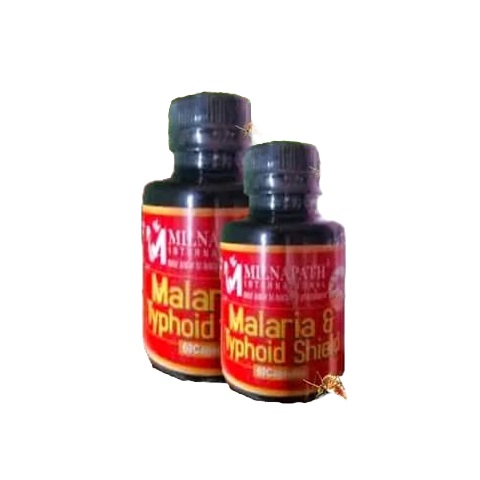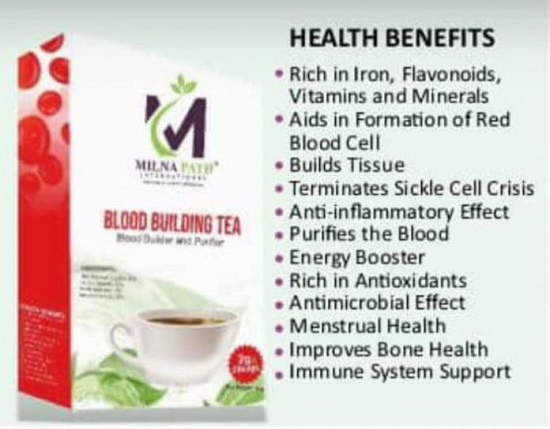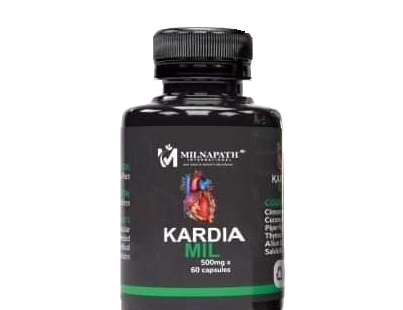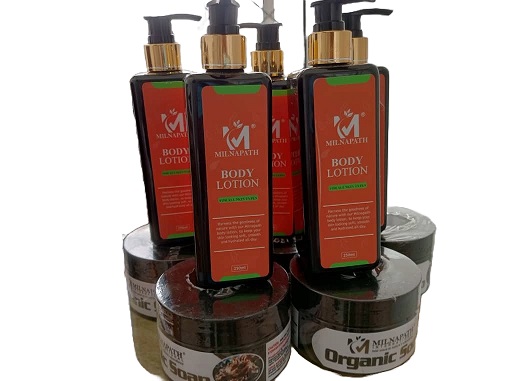Life depends on water, which also is essential for preserving general health. Although drinking water is the most direct approach to keep hydrated, include foods high in water content into your diet is a great and tasty substitute. These foods assist your body’s operations by including vital nutrients in addition to helping you get daily water.
This page explores the value of hydration, how it affects health, and the best hydrating foods to include into your meals for best well-being.
Why Is Water Crucial?
Almost all biological process in the body depends on water. Made composed of around 60% of the human body, water is vital for:
Using breathing and sweat to control body temperature.
Moving oxygen and nutrients to cells.
Eliminating trash items by perspiration and urine.
cushioned organs and lubricating joints.
Maintaining good saliva and stomach juices helps digestion.
Improving skin elasticity and condition.
Mild dehydration can cause headaches, trouble focussing, tiredness, and lower physical performance as well. Conversely, extreme dehydration can lead to major medical complications like kidney disease and heatstroke.
How much water do you really need?
Age, gender, exercise level, and climate all affect the daily water intake you need. The National Academies of Sciences, Engineering, and Medicine advises:
Women: From all sources—including food and beverages—about 2.7 litres (91 ounces) of water daily.
Men: From all sources, roughly 3.7 litres (125 ounces) of water everyday.
Fascinatingly, food provides roughly 20 to 30 percent of daily water intake. Including hydrating foods in your diet is a simple approach to satisfy your demands for water and take advantage of the vitamins, minerals, and fibre.
Top Foods Featuring High Water Content
1. Cucumbers (96% water)
Comprising 96% water, cucumbers are among the most hydrating meals available. In addition, they are low in calories and high in vitamins K and C as well as antioxidants used to fight inflammation.
How to enjoy cucumbers:
toss slices onto sandwiches or salads.
Use in soups or smoothies.
For a cool beverage, toss cucumbers into water.
2. Watermelon (92%) Water
Summertime favourite watermelon is bursting with natural sugars and water. Lycopene, an antioxidant that improves heart function and lowers inflammation, also finds presence in it.
How to enjoy:
Have fresh slices for a snack.
In fruit salads, add cubes.
Blend into a smoothie or hydrating juice.
3. Strawberry (91% water)
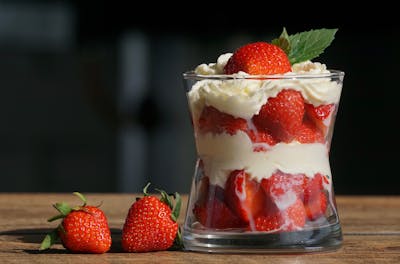
Along with being refreshing, strawberries abound in manganese, vitamin C, and antioxidants. These vitamins help skin recover and boost immune system functioning.
How to appreciate?
Toss among muesli, yoghurt or cereals.
Blend into shakes or smoothies.
For a bit of sweetness, toss into salads.
4. Lettuce with 95% water
A fantastic low-calorie way to keep hydrated is lettuce, especially kinds like iceberg and romaine. It also offers minute doses of folate, vitamins A, and K.
How to enjoy it?
Start with salads.
For a low-carb substitute, pack wrap sandwich contents within lettuce leaves.
Top burgers or tacos with this addition.
5. Zucchini (94% Water)
One adaptable veggie with a lot of water is courgette. Along with fibre, it’s a good supply of vitamins A and C.
As a side dish, slice and roast.
Spiralise into “zoodles” to replace pasta.
Toss into stews, soups, or stir-fries.
6. Tomatoes (94% Water)
Juicy, hydrating tomatoes abound in minerals including lycopene, potassium, and vitamin C. They really help to maintain heart health and lower oxidative stress.
Ways to enjoy:
cut into salads or sandwiches.
Bruschetta or fresh tomato salsa.
Add to stews, sauces, and soups.
7. Bell Peppers (92% Water)
Bell peppers are hydrating, colourful, crisp. Excellent sources of vitamins A and C, they help immunity and eye health.
Slice as a raw snack topped with hummus.
Stir-fries and pasta meals call for this addition.
Roast and then use in salads or sandwiches.
8. Oranges (88% water)
Although their vitamin C concentration is well-known, oranges have equally amazing moisturising power. For a short energy boost, they also include natural carbohydrates.
How to enjoy it?
Eat like a dessert or snack.
Add portions to salads.
Squeeze into freshly made orange juice.
9. Celery (95% water)
Low in calories and abundant in water, celery is a great choice for hydration. Along with antioxidants, it boasts vitamins A, K, and folate.
How to Enjoy:
Snack on hummus or peanut butter celery sticks.
Cut into stir-fries, soups, or stews.
For a reviving beverage, toss into green juices.
10. Coconut water, with 94% water content
Though not a food, coconut water merits discussion for its outstanding ability to hydrate. Its electrolytes, magnesium and potassium, make it perfect for rehydrating following exercise.
How to have fun?
Have cold drink on its alone.
Make a smoothie base from here.Add to salads or marinades.
Which is better for hydration—foods or beverages?
Although water and other beverages remain the most direct source of hydration, meals high in water content offer further advantages including:
Nutritional worth: antioxidants, minerals, and vitamins.
Foods satisfy you longer than liquids do.
Hydrating foods provide your diet variety.
The greatest approach to keep hydrated is to combine foods high in water content with enough fluids.
Hydration Advice for Maximum Well-Being
Hydrate Your Day to Start It Start your day with a glass of water and a fruit heavy in water, such as orange.
Eat Watery Snacks: Substitute cucumbers, celery, or watermelon for chips and cookies.
Track Water Levels: Look at the colour of your urine; pale yellow suggests good hydration.
Keep Hydrated During Exercises: Replace lost liquids with water, coconut water, or hydrating fruit like oranges.
Reference Notes
Public Health Channel of Harvard T.H. Chan School “Staying hydrated.”
“Dietary Reference Intumes for Water, Potassium, Sodium, Chloride, and Sulphate,” National Academies of Sciences, Engineering, and Medicine
Mayo Clinic here “Water: How Much Should You Drink Everyday?”
Food Composition Database maintained by USDA.
Last Thoughts
More than merely drinking water, hydration is about leading a lifestyle that supports your body’s needs. Including water-rich foods in your diet can help you to keep hydrated and enjoy great, nutrient-dense meals.
To showcase your brand or advertisement for vetting and approval – click our livechat button to shoot us a message and our crew will respond with your ad subscription bill for feature — all approved ads that pass our verification will be showcased to millions of our users on saleoutafrica.com and via Google Ads – make sure your ads meet our requirement

